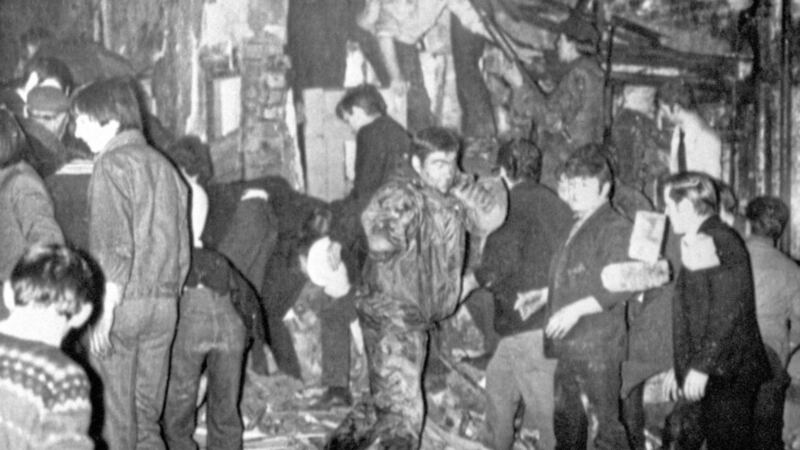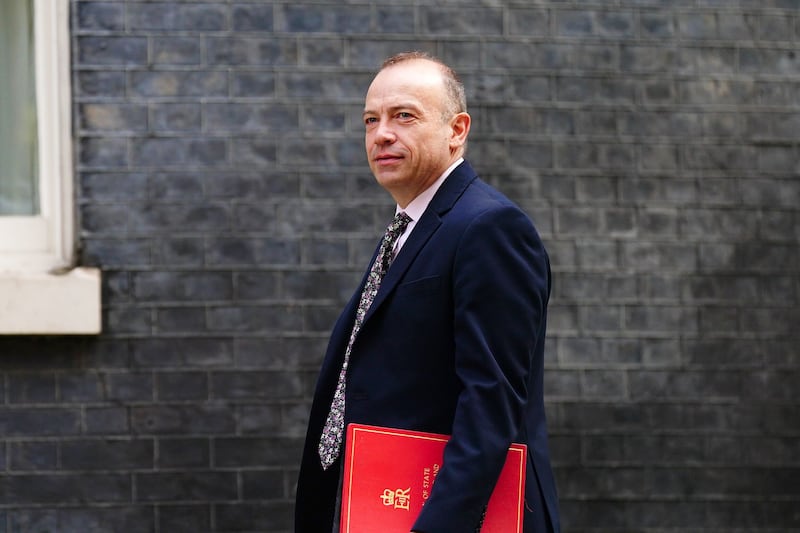IT'S unsurprising that there is general agreement among the respondents to the British government's 'Addressing the Legacy of the Past' consultation that the current system isn't working – we didn't need seven months and the collation of 17,000 responses to tell us that.
Little or nothing about the ad hoc process for dealing with the fall-out from the Troubles has worked.
We are a decade on from the Eames-Bradley report, the first serious effort to address legacy issues, and five years down the road from the Stormont House Agreement, where a multi-stranded approach sought to meet the varying needs of those most affected by the conflict. Neither has been implemented.
The summary of responses released yesterday by the Northern Ireland Office (NIO) may have been presented to create the impression of progress, but it is essentially nothing more than an administrative exercise.
The accompanying options papers and legacy committees to consider the next steps have yet to go live, so we are effectively no further on in this arduous, drawn-out process.
Stormont failed to move things forward and latterly the British government has shown itself incapable of grasping the legacy nettle, constrained by a series of factors ranging from a reluctance to see its own role in the conflict scrutinised, to the Tories' more recent confidence and supply deal with the DUP, coupled with agitation on behalf of security force veterans from within its own ranks.
Legacy has become the can that is eternally kicked down the road, leaving those most in need of some resolution and closure dying frustrated and unfulfilled – a default statute of limitations on justice and recourse for victims and survivors, achieved through inaction.
Whereas the process requires strategic planning and strong leadership, it is too often driven by expediency and a unwillingness to take difficult decisions.
There is potential to destabilise an already volatile political climate by pursuing combatants through the courts but families who have waited decades for justice cannot be sacrificed in order to shore up feeble hopes of restoring the institutions.
The responses also pointed to the wholesale rejection of anything resembling an amnesty.
However, what now seems apparent is that decisions will be deferred yet again, the lack of devolution cited as the impediment to moving forward.
If we don't get a deal at Stormont soon then there'll be another consultation, this time with the north's main parties. Don't expect much consensus there.
Victims Commissioner Judith Thompson is right to say that in the absence of devolution, Secretary of State Karen Bradley – or her expected successor – must move quickly and decisively, brining genuine dynamism to the legacy process.
Any more dithering only prolongs victims' and survivors' hurt.








